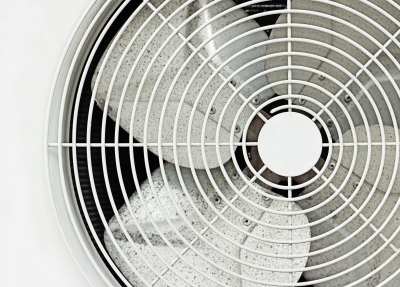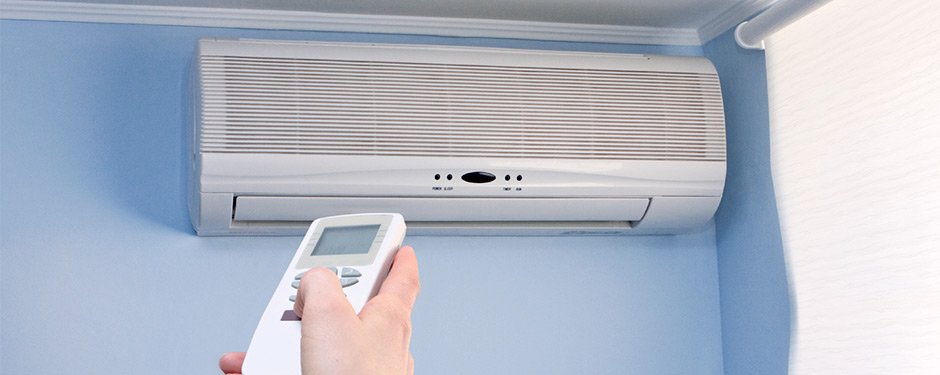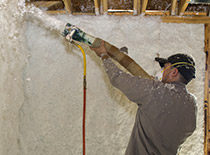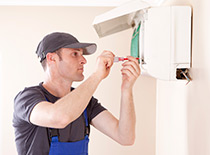Heating & Cooling Systems Find a Trusted Contractor to Help
Maintenance That Makes Your Heater or Air Conditioner More Efficient
Having a high-quality air-conditioning system installed in your home is just the first step to ensuring it works well. You’ll also need to engage in regular maintenance to make sure everything is working properly and that air is flowing smoothly. Here are a few regular maintenance jobs you’ll need to do, or have a contractor help you with, to keep your system cooling you off.
Before Installing
Have your insulation looked at by your HVAC contractor. Insulation can keep a home cool as well as warm, and a poorly-insulated house can cost you a lot of money in heating and cooling bills.
Monthly
Check, inspect, and if necessary, replace any air filters that might be in your system. When your system was installed, you should have been shown where the filters are and what a “healthy” filter looks like. Cleaning filters will help increase air flow, and remove dust from the system.
Clean away any debris from around or inside your vents. Vents can be blocked by dust, pet hair, and by accidentally placing items over them, and that can reduce the efficiency of your system to a surprising degree. Also check each vent for any potential blockages or other problems; this is as simple as checking to ensure air is flowing through it. You might consider vacuuming out some of your vents if you find a blockage; ask your contractor if this is something you should be doing regularly.
.jpg)
Examine the condensate drain, and clear it if it seems to be plugged. This not only helps your system, it also reduces the level of humidity in your house and helps prevent water damage.
Check your themostat settings, and take note if you have to turn them down or up independent of the weather: It might be a sign of a problem. Remember, though, that during a heat wave a system will need to work harder to cool your home.
Every Spring
Check the condenser carefully for any damage or debris, especially if you haven’t used it since last summer. The elements will wear on outdoor equipment, just like anything else. Also, condensers can be targeted by scrap metal thieves during the winter.
Run your system through a start cycle to make sure it can kick and begin blowing properly. If not, call the HVAC contractor right away: They’re busiest during winter and summer.
If possible, clean blowers and coils, to ensure maximum efficiency. Crud can collect quickly on these sensitive parts, and force them to work harder to achieve the best results. Keeping them clean can do wonders for cooling your house.

Image courtesy of winnond / FreeDigitalPhotos.net
Yearly
Have a contractor do an annual maintenance check. This should include the following:
- Examination and repair of the electrical system
- Checking refrigerant levels and, if they’re low, adding more refrigerant
- Lubricating any moving parts and replacing worn ones
- Examination of ductwork.
Every Five to Seven Years
Discuss replacing your system components with your HVAC contractor. Everything wears out eventually, and replacement might be cheaper, long term, than repair.
If you stay on a regular maintenance schedule, your HVAC system will give you years of comfort and cooling. So, stay on top of it: Otherwise, you may find what you gain in time isn’t worth what you lose from your wallet. End






